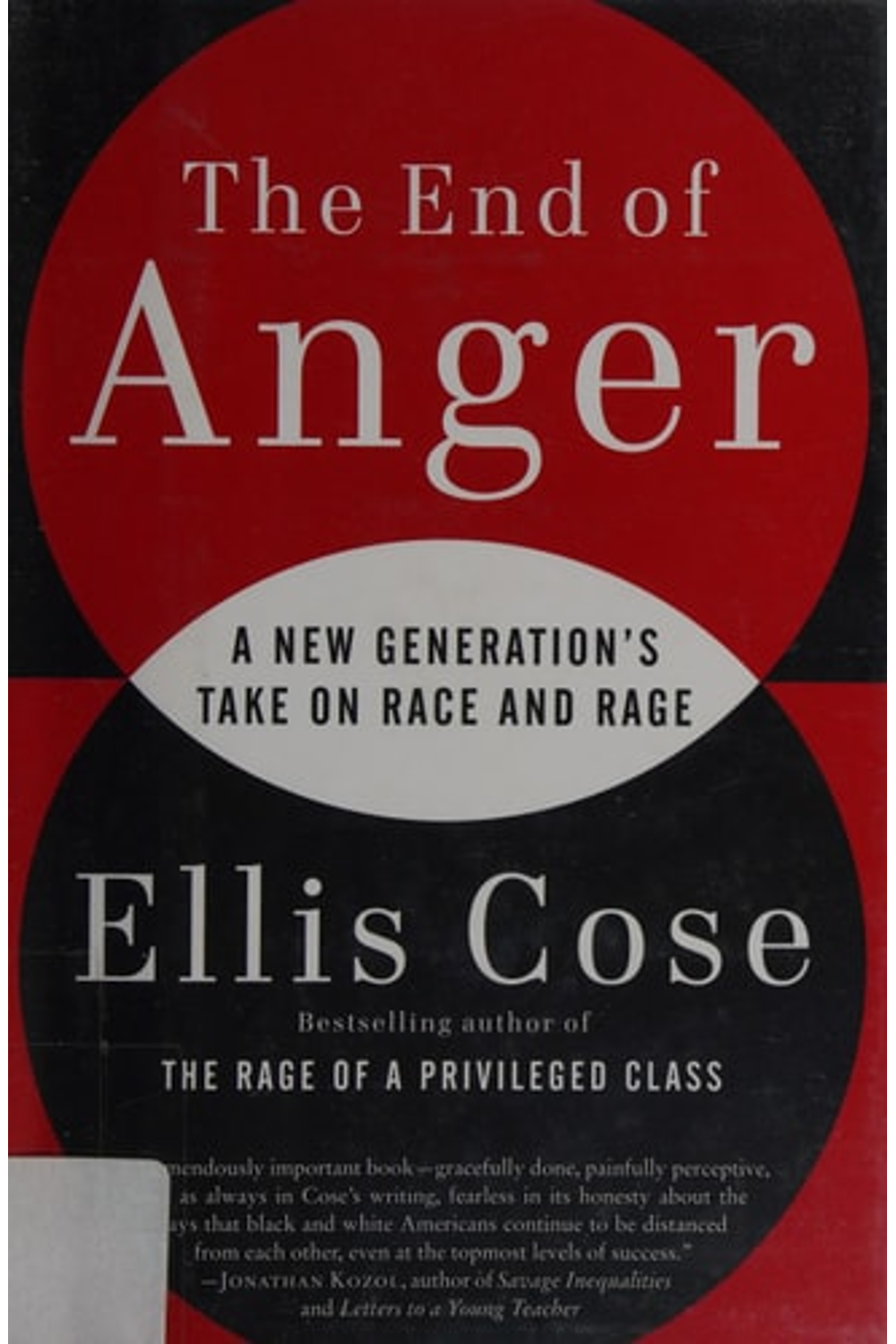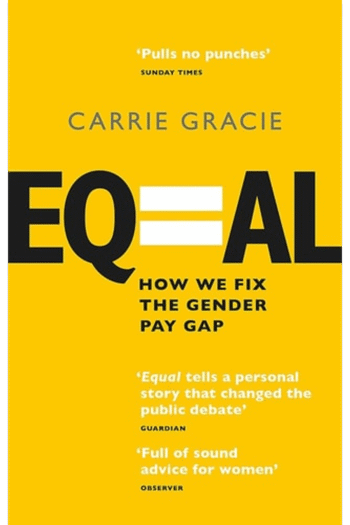Ellis Cose’s “The End of Anger: A New Generation’s Take on Race and Rage” (Ecco, 2011) delves into the evolving landscape of American race relations, examining the perceived decline of Black rage and White guilt. This thought-provoking hardcover analyzes intergenerational shifts in racial attitudes and interactions, moving beyond simplistic narratives of historical grievances. Cose, a respected voice on race in America, explores how younger generations navigate racial identity, success, and ongoing inequalities, questioning whether traditional expressions of anger are giving way to new approaches. The book offers a nuanced perspective on how race and anger manifests today, offering a detailed analysis of modern America and a deeper understanding of the complexities of its social fabric, with 320 pages. A must-read for those seeking a fresh perspective on the dynamics shaping race relations in the 21st century. Perfect for readers of history, sociology, and cultural studies.
The End of Anger: A New Generation’s Take on Race and Rage
19,90 $
In stock
A tremendously important bookgracefully done, painfully perceptivefearless in its honesty.
Jonathan Kozol, author of Savage Inequalities
The most authoritative accounting Ive seen of where our country stands in its unending quest to resolve the racial dilemma on which it was founded.
Diane McWhorter, Pulitzer Prize-winning author of Carry Me Home
The End of Anger may be the defining work on Americas new racial dynamics.
Anthony D. Romero, Executive Director of the American Civil Liberties Union
Ellis Cose is a venerated voice on American life. With The End of Anger, he offers readers a sharp and insightful contemporary look at the decline of black rage, the demise of white guilt, and the intergenerational shifts in how blacks and whites view and interact with each other. A new generations take on race and rage, The End of Anger may be the most important book dealing with race to be published in the last several decades.
Related products
Equal
33,03 $
- Additional information
- Currencies
- USD – United States dollar
- EUR – Euro
- GBP – Pound sterling
- CNY – Chinese yuan
- BRL – Brazilian real
- MXN – Mexican peso
- JPY – Japanese yen
- PHP – Philippine peso
- THB – Thai baht
- PLN – Polish złoty
- CAD – Canadian dollar
- MYR – Malaysian ringgit
- AUD – Australian dollar
- TWD – New Taiwan dollar
- CZK – Czech koruna
- SEK – Swedish krona
- HUF – Hungarian forint
- ILS – Israeli new shekel
- CHF – Swiss franc
- HKD – Hong Kong dollar
- DKK – Danish krone
- SGD – Singapore dollar
- NOK – Norwegian krone
- NZD – New Zealand dollar





